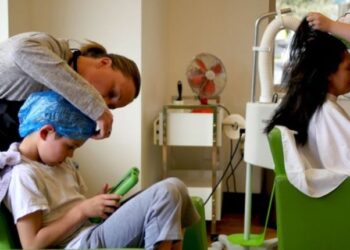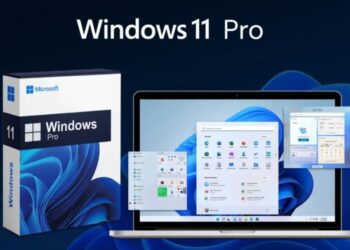In the world of a family practice physician Lady Lake it’s not just about diagnosing and prescribing. It’s a world where your ability to empathize, communicate effectively, and stay resilient in the face of adversity really matters. These underrated skills, though often eclipsed by latest medical innovations, are what nurture real trust and form the underpinning of a solid doctor-patient relationship. These are, without a doubt, the key skills every general practitioner should have.
Empathy: The Heart of Healing
The ability to understand and share the feelings of another is a vital skill for any general practitioner. It’s a skill that helps to build trust with patients, to make them feel seen and heard. It’s a trait that pushes you to go the extra mile, to truly understand the struggle that your patient is facing.
Communication: The Art of Understanding
Being able to effectively communicate with your patients is a must. This means not just explaining diagnoses and treatments, but also listening actively. But remember, it’s not enough to just talk and listen – you need to understand and be understood. To explain in a way that your patient understands. Because great communication is the bridge between confusion and clarity.
Resilience: The Pillar of Perseverance
Medicine is a challenging field. There will be days where it feels like everything that could go wrong, has gone wrong. It’s on these days, these moments, that your resilience will be tested. Having the capacity to recover quickly from difficulties and to keep going, to preserve your resolve despite the odds, is a skill that every general practitioner needs.
Don’t Underestimate The Power of Soft Skills
These skills – empathy, communication, and resilience – though soft, can make a hard difference. They are often overlooked, underrated, and underappreciated. But, they are valuable and indispensable in the world of a general practitioner. They’re the skills that turn a good doctor into a great one.
So, whether you’re a seasoned ‘family practice physician Lady Lake’ or a medical student just starting your journey, remember these key skills. Nurture them, practice them, and watch as they transform your practice and your relationship with your patients. Because in the end, being a great doctor isn’t about the number of diagnoses you make, but the number of lives you touch.











